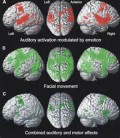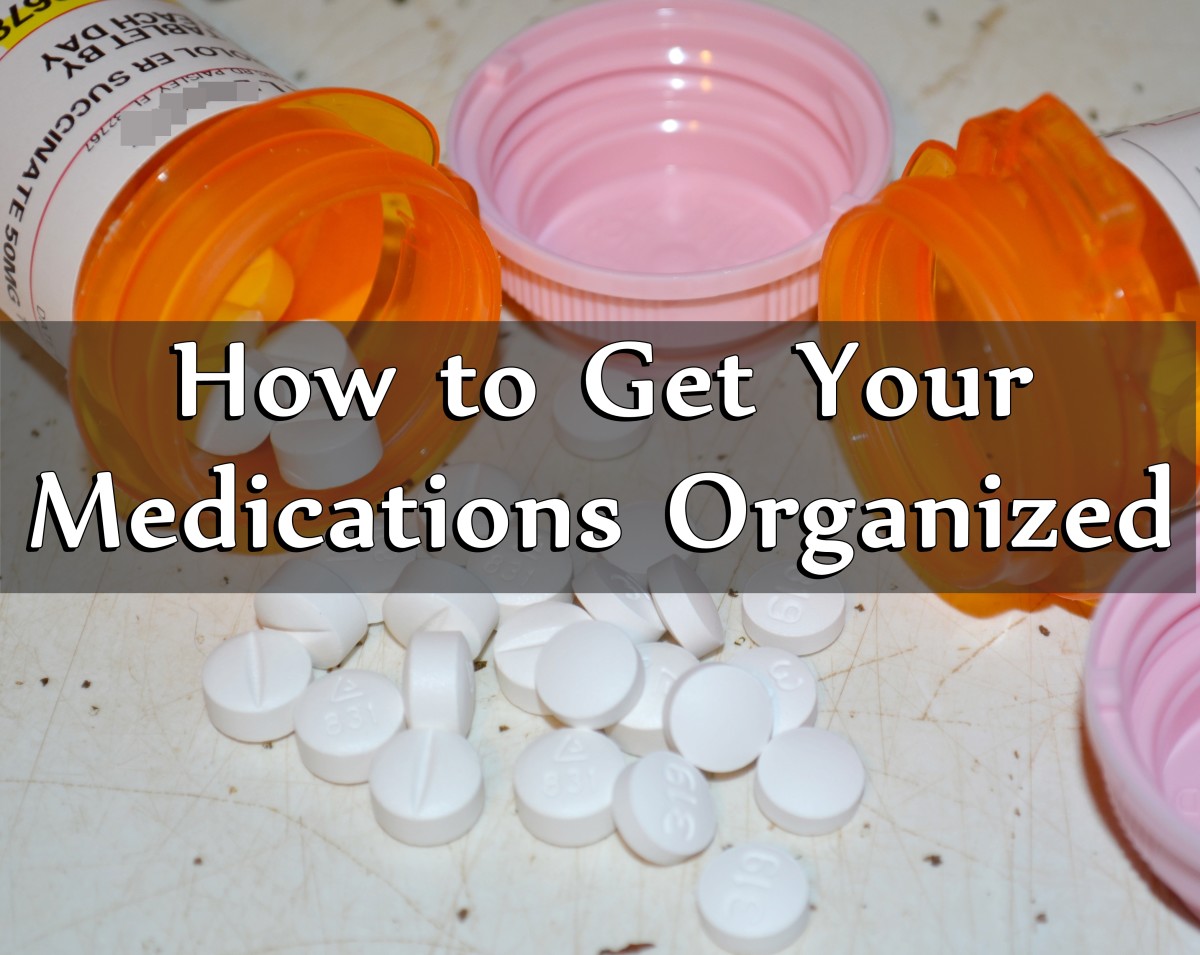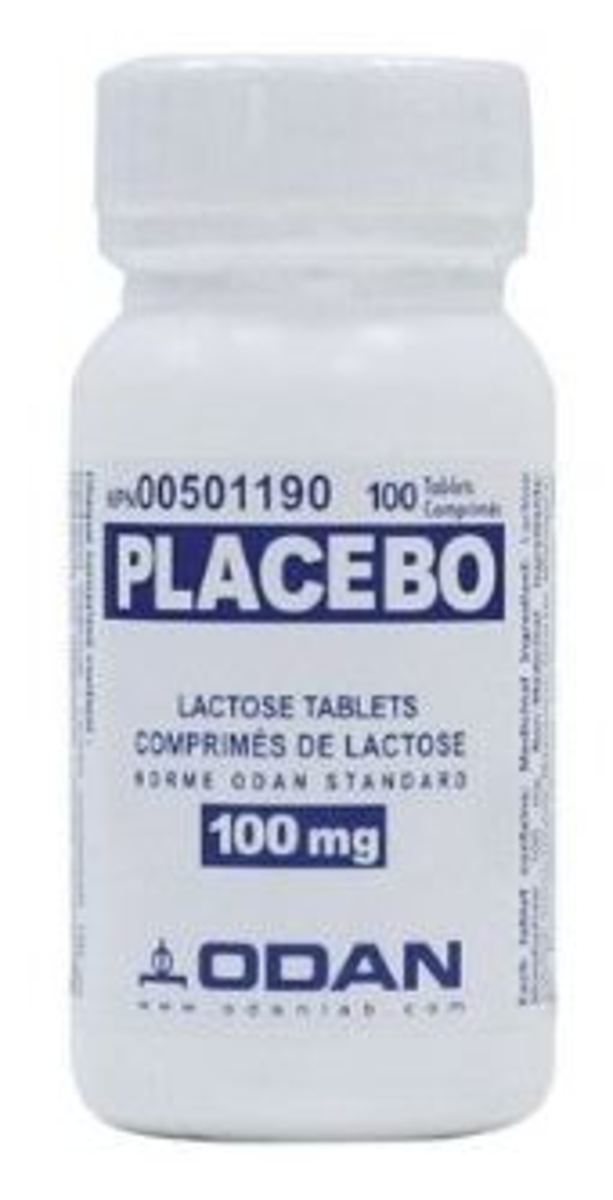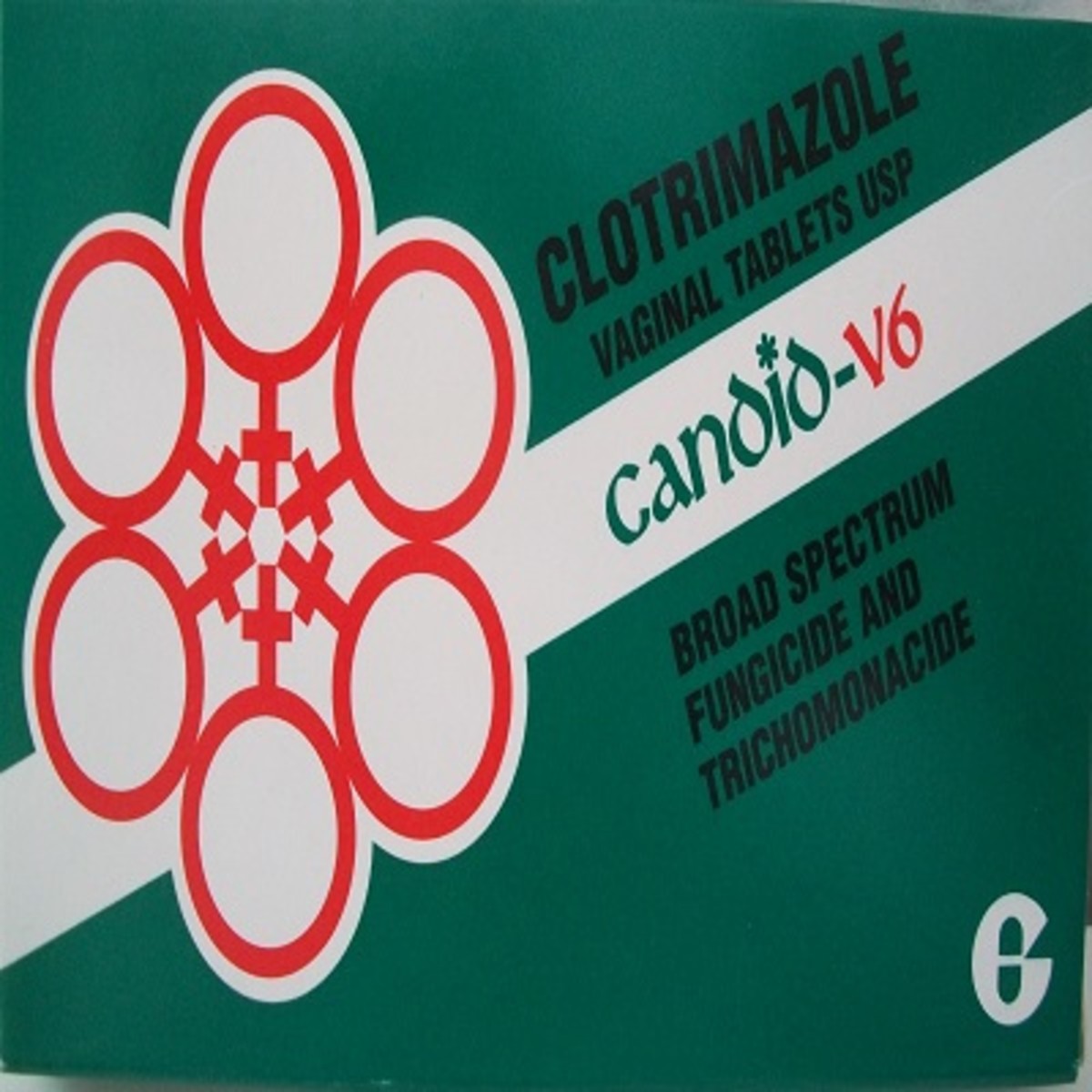Prescriptions for Insomnia List

INSOMNIA:
"There is a time for many words, and there is also a time for sleep.”
― Homer, The Odyssey
Most Americans, myself included, get less than the recommended 7.5 - 8.5 hours of sleep per night, according to surveys conducted by Johns Hopkins Sleep Disorder Center. The glories of a good night's sleep, of which Homer wrote above, often must be sacrificed to the duties of working, parenting, or other urgent responsibilities. But for many people, the inability to sleep has nothing to do with schedules or responsibilities. They suffer from a condition known as "insomnia." In this article I want to address specifically the prescription drugs used to treat insomnia today.
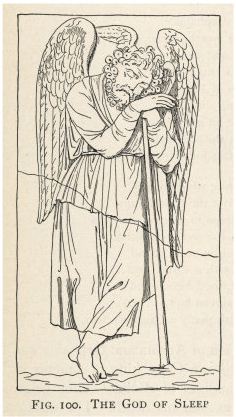
INSOMNIA
Before I provide you with a review of all the prescriptions for insomnia on the market today, we should briefly define "insomnia" and explain a few facts about this condition.
Insomnia, by definition, means "without sleep", and comes from the Latin word "somnus" (sleep). So insomnia is a condition which results in a lack of sleep, and can include difficulty falling asleep and/or staying asleep. Somnus, by the way, was also the name of the Roman god of sleep. The Greek equivalent to this god was named Hypnos. Interestingly, in pharmacy we now use "hypnotics" to treat "insomnia." Kind of like using one god to do battle with the other!
Insomnia can be generally divided into 2 types:
Primary Insomnia: This type of insomnia is not due to any other condition or "secondary" cause (like a crazy work schedule or a neighbor who decides to practice his drums at 2:00AM!).
Seconday Insomnia: This type of insomnia is a "result" (or side effect) of some other condition, illness, or medication. For example, if you suffer from chronic back pain and therefore have difficulty sleeping, you have secondary insomnia.
Insomnia can also be categorized in terms for duration. Short term (temporary) insomnia is known as "acute insomnia." Insomnia that is long-term (generally longer than a month) is considered "chronic insomnia".
PRESCRIPTIONS FOR INSOMNIA
I will now provide you with a list of the most commonly prescribed prescriptions for insomnia. I am concentrating on medications available in the U.S. and available from your retail pharmacy. Prescription drugs for insomnia have been historically divided into 2 categories.
I. The FIRST catogory is "BENZODIAZEPINES." This family of prescription medications all have a similar mechanism of action, although they differ in some minor characteristics like how long they last and their relative potency (strength).
II. The SECOND category is called, not so creatievely, the "NON-BENZODIAZEPINES." Non-benzodiazepines are a newer group of drugs to treat insomnia, and generally have fewer side effects than those associated with their benzodiazepine relatives.
I will end this review with a few tips and suggestions of my own. Free Advice!
I. BENZODIAZEPINES FOR INSOMNIA
These are the 4 benzodiazepines for insomnia currently on the market. ALL of the following are also available generically. I will list their brand name in bold first, followed by the generic name in "( )."
- Dalmane (flurazepam)
- Halcion (triazolam)
- Prosom (estazolam) - note, brand name product has been discontinued
- Restoril (temazepam)
DOSING: These products are generally to be taken at bedtime and not sooner. Taking them too soon could result in unexpected drowsiness before you are actually ready for bed, and thus potentially lead to falling or other accidents. They typically begin to work with 15-30 minutes. So wait until you actually want to go to sleep to take them. Do not consume alcohol prior to (or after) taking benzodiazepines. This could lead to a dangerous degree of sedation, with the potential to even undermine your ability to breathe while sleeping. Don't do it. Also, since they cause drowsiness (of course!), you will not be able to safely drive until the effects are worn off (typically in 4-8 hours, depending on the product and your metabolism).
HOW THEY WORK: To understand how benzodiazepines work to treat insomnia we have to understand a little about a neurotransmitter called GABA (which stands for gamma-amino-butyric acid). GABA is not really as scary as it sounds. In fact, it is the neurostransmitter that basically tells the body "CHILL OUT!" (or "chillax" as my kids tell me). GABA helps relax muscles and relax your mind. Benzodiazepines work by enhancing the effects of GABA. They are, if you like, GABA's little helper. By helping GABA they increase the amount of relaxation and sedation caused by GABA...thus helping you fall asleep.
A few notes about these benzodiazepines:
- All of the above drugs are considered "controlled substances" by the FDA. This means they have some potential for addiction or abuse. They are considered "Schedule IV" which has a lesser potential for such problems than drugs in the Schedule III (like codeine) or Schedule II (like oxycodone). Because long-term use will produce dependence, they should not be stopped suddenly, in order to avoid withdrawl symptoms.
- There are other benzodiazepines which are sometimes used to treat insomnia, although they are not technically approved for the treatment of insomnia. These include drugs like Xanax (alprazolam), Valium (diazepam), Klonopin (clonazepam), and Serax (oxazepam) which are used for the treatment of conditions like anxiety, seizures or OCD.
- These products are only indicated (intended) for short term use, meaning 7-10 days. Ideally, treatment for most insomnia should focus on correcting those conditions which are causing the insomnia whenever possible. Are they sometimes used longer than 7-10 days? Yes. Decisions to use these medications on a long-term basis should be made carefully in consultation with your doctor and with proper discussion on the potential long-term effects vs. the quality of life they provide.
- A piece of advice from a long-time pharmacist: Please do not allow your prescription for benzodiazepines to run out over a weekend or holiday. Call in for refills or new prescriptions several days in advance, and always allow extra time if a new prescription needs to be obtained. You will not enjoy having to explain to an on-call physician who doesn't know you on Saturday evening why he/she HAS to call in your temazepam prescription immediately. Because these medications can be abused, this doctor may be somewhat reluctant to do so.
- Although benzodiazepines are effective at improving the quantity of sleep they have also been cited as responsible for reducing the quality of sleep. They may reduce the amount of REM sleep, which is an important part of the resting cycle.
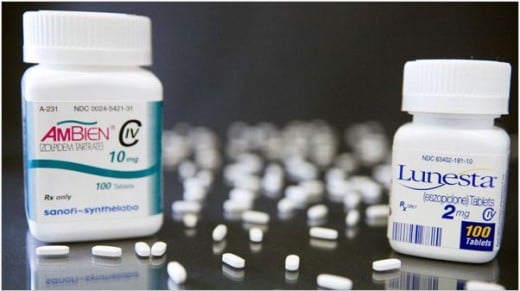
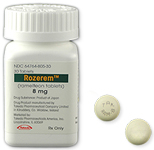

II. NON-BENZODIAZEPINES FOR INSOMNIA
Prescriptions for insomnia also include a handful of drugs which are not chemically related to the benzodiazepine class. There are currently 6 such prescription drugs from which your doctor might select. I will list these and provide some brief information about each one.
1. AMBIEN and AMBIEN CR (zolpidem): Ambien and Ambien CR are approved to treat short-term insomnia. As with other medications for insomnia, long-term treatment should involve carefully ruling out other potential causes for insomnia (i.e. let's not just keep treating the symptom if we can identify and treat the CAUSE). Ambien, like the benzodiazepines, is a Schedule IV controlled substance and has some potential for addiction and abuse. Be careful not to exceed the recommended dose. You may need to slowly reduce your dose after using Ambien for a prolonged period of time to reduce withdrawl.
Strengths Available: 5mg, 10mg regular tablets or 6.25mg CR and 12.5mg CR (controlled release tablets).
Dosage: The normal adult dose is 10mg (regular) or 12.5mg CR at bedtime.
Note: The regular tablets are now available generically, but the CR is not. The CR tablets have a clever mechanism to release some medication quickly (to help you FALL asleep) and some medication slowly (to help you STAY asleep). Pretty neat....but a bit more pricey too!
How It Works: Ambien also targets the efficiency of the GABA receptors, but does so much more selectively. What does that mean? Ambien specifically targets the benzodiazepine receptors (called BZ1 receptors) located in areas of the brain more directly related to sleep and sedation. This seems to provide for more effective sleep with few side effects.
TIP: Ambien will be more effective, and work faster, if taken on an empty stomach. So for a better night's sleep...don't snack just before or after taking your Ambien.
TRIVIA: Where did they get the name "Ambien" from? It is a combination of "AM" (i.e. the morning) and the Spanish word for "good" (bien). AM-BIEN = a good morning...presumably because you slept well last night!
For more information on Ambien and Ambien CR: CLICK HERE
2. EDLUAR (zolpidem): Edluar contains exactly the same ingredient as Ambien. Exactly. So what is the difference? Edluar comes in a sublingual tablet which dissolves rapidly under the tongue without the need for water or swallowing. This could be more convenient for some patients.
Strengths Available: 5mg and 10mg sublingual tablets. Edluar is NOT available generically at this time.
Dosage: The usual adult dose is 10mg at bedtime. A smaller dose (5mg) may be needed in some elderly patients or those with other conditions.
How it works: Edluar is absorbed from under the tongue directly into your blood stream. After that...it works exactly like Ambien (described above).
For more information on Edluar, visit the manufacturer's website.
3. LUNESTA (eszopiclone): Lunesta is similar in structure to zolpidem and has virtually the same mechanism of action. Lunesta was introduced in April 2005 and is manufactured by Sepracor pharmaceuticals located in Marlborough, MA.
Strengths Available: 1mg, 2mg, and 3mg, tablets.
Dosage: The adult dose is generally 2mg-3mg at bedtime. Lunesta has a slightly faster onset of action than Ambien and a slightly longer-lasting effect. These differences in the way Lunesta works may justify trying Lunesta if Ambien has not been entirely effective.
How It Works: Lunesta works by impacting the effects of GABA in the same way that Ambien does, as described above. Like Ambien, taking Lunesta with food will significantly reduce it's effectiveness. Therefore, take Lunesta on an empty stomach.
For more information on Lunesta, CLICK HERE.
4. ROZEREM (ramelteon): Rozerem is the first in a new and unique category of medications for insomnia. Rozerem is NOT habit forming, and not classified as a controlled substance. Rozerem does not work by influencing GABA receptors. Rather, Rozerem has a strong affinity for specific Melatonin Receptors known as MT1 and MT2. Also, Rozerem is approved for long term use if necessary.
Strengths Available: 8mg tablet
Dosage: Rozerem is taken at bedtime, within 30 minutes of going to bed, and not after meal (particularly a high fat meal) as this will reduce it's effectiveness.
How It Works: It has been suggested that melatonin functions to help maintain our normal sleep/wake rhythm. How exactly it does this is still not entirely understood. However, the research team at Takeda Pharmaceuticals engaged in some clever chemistry and came up with this compound that mimics the effects of melatonin.
Check out the Rozerem Website for more information and a FREE trial offer!
5. SONATA (zaleplon): Sonata is indicated for short term treatment of insomnia and is similar in structure to Ambien, Edluar and Lunesta. Sonata, however, does have a slightly faster onset than Ambien, and it also has a shorter duration than Ambien. Who should try Sonata? Sonata may be a good choice for those who have more trouble falling asleep and not so much trouble with staying asleep (Sonata will stop working in about 4 hours, whereas Ambien will last up to about 6 hours). Sonata, like Ambien, is avaiable generically. Sonata is also the only prescription non-benzodiazepine for insomnia that is available as a capsule! Some people find capsules easier to swalow than tablets.
Available Strengths: 5mg, 10mg capsules
Dosage: The normal adult dose of Sonata is 10mg at bedtime. The 5mg dose may be appropriate for those with low body weight, or the elderly. Dosages up to 20mg per night have been used. Always follow the directions provided by your physician. As with Ambien, Sonata should be taken on an empty stomach for best effects.
6. SILENOR (doxepin): The latest addition to the prescription sleeping pill market is a drug called "Silenor." Visit their website by CLICKING HERE. The active ingredient in Silenor is NOT a new medication. In fact, it has been around for years as a treatment for depression (in higher dosages). However, its usefulness for depression was limited because of the amount of drowsiness it caused! So guess what? Somaxon Pharmaceuticals got smart and decided to market this drug for insomnia!!
Silenor is available in 3mg and 6mg tablets, and should be taken 30 minutes before bedtime. Patients should avoid the use of alcohol in combination with Silenor.
Do not take Silenor if you are currently taking an MAO Inhibitor.
Finally, beforing paying the big money for Silenor, consider talking to your doctor about possibly getting a prescription for the generic 10mg doxepin. Yes, it is a higher dose and is "technically" only approved for depression at this strength, but it may work for you and save a lot of money.
INSOMNIA ADVICE
So, now that you know about all the prescriptions for insomnia, which one should you take? Maybe you haven't tried anything yet. What should you do? Here is a brief list of advice I would give to my pharmacy customers about treating insomnia:
1. First, try the non-drug approach. This includes basic lifestyle changes to help promote a good night's rest. Check out these tips from the National Institute of Health for ideas.
Some great information is available at the website for the American Sleep Association!
2. Second, if appropriate, try an OTC remedy. Products like Nytol or Simply Sleep may be effective for short term use. Always check with your doctor or pharmacist to see if such therapies are safe for you. And never use these products for longer than 2 weeks without consulting a physician. Insomnia can be a symptom of other more serious conditions, therefore you should make an appointment to see you doctor for this problem.
3. Discuss a prescription with your doctor. Stay away, in my opinion, from the benzodiazepines, as they seem to have greater potential for addiction and can reduce the quality of your sleep. Personally I would try the generic Ambien first. It is likely to be the lowest copay on your insurance plan. If you don't have insurance, check out the manufacturer's website for coupons and discounts for products that do not have generics yet.
For more tips on SAVING MONEY on prescriptions, CLICK HERE!

